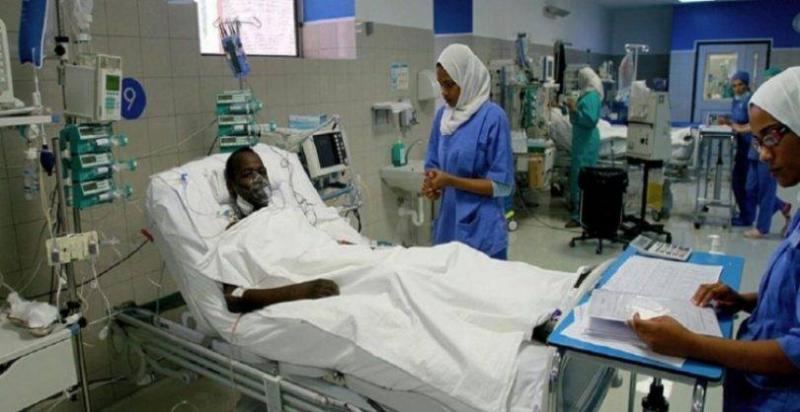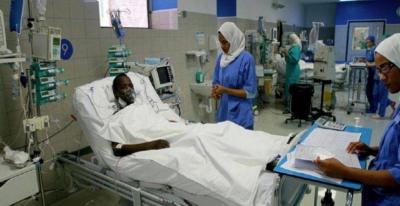The ongoing fierce conflict in Sudan has left patients requiring dialysis vulnerable to death, with the bodies of the deceased being neglected and decomposing in morgues and on city streets despite efforts by volunteers and relief workers to continue providing essential health services. The health sector in Sudan was already on the brink of collapse due to resource shortages before the conflict erupted, but it has since deteriorated rapidly in just two months of fighting between the army and the Rapid Support Forces, which has paralyzed parts of the country. The United Nations reported that over 60 hospitals have ceased operations in conflict areas, while 29 hospitals that are still functioning are at risk of closure due to power outages, water shortages, and a lack of medical staff.
Patrick Youssef, the regional director for Africa at the International Committee of the Red Cross, told Reuters that "despite all the efforts made by Sudanese doctors… working under extremely difficult conditions, this is certainly not a sustainable situation."
Dr. Mohamed Wahbi, who manages one of the largest children's hospitals in Sudan located in Omdurman, an area that, along with Bahri and Khartoum, is referred to by locals as the "triangular capital," stated that the hospital usually receives around 300 sick children daily. However, two weeks ago, the hospital stopped providing treatment as supplies for dialysis dwindled. A statement from the Sudanese Doctors' Committee indicated that the ongoing power outages for more than two weeks have placed the dialysis unit in the city of Al-Obeid at risk of closure, leading to the deaths of at least 12 patients in need of dialysis. Residents report that the roads leading to this strategically located city are under siege, cutting off supplies of food and medicine. The Doctors' Committee mentioned that engineers attempted to reach a local power station to restore electricity but were attacked before they could arrive.
According to the International Society of Nephrology, kidney patients represent a significant health issue in Sudan, where treatment is limited and costly. An estimated 8,000 individuals in Sudan rely on dialysis to survive. Alaa El-Din Ibrahim Ali, the director of the main hospital in Ambedda, on the outskirts of Omdurman, stated that the hospital had to reduce patient visits by half and close operating rooms due to power outages and a shortage of fuel for the electricity generator.
Not far from there, a morgue was unable to maintain its cooling system, leading to the decay of 450 bodies with blood seeping onto the ground. The army accused the Rapid Support Forces of forcibly evacuating and seizing main hospitals. The Rapid Support Forces stated in a statement earlier this week that observers noted many of those hospitals, as well as power and water stations, were free of fighters.




